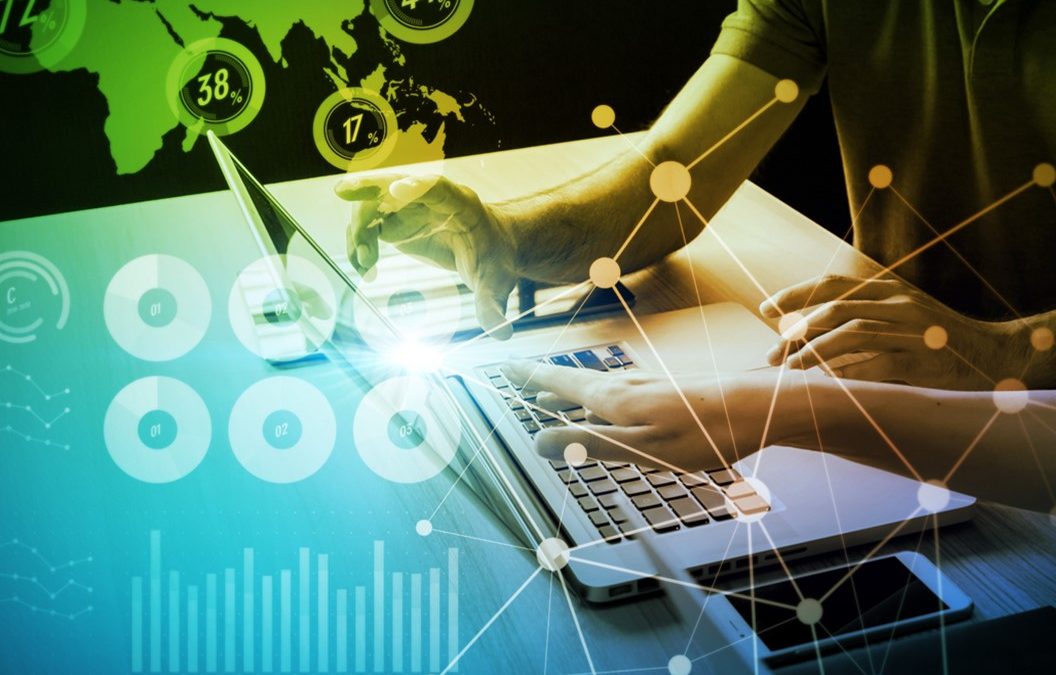Many South Africans have been affected negatively by the Covid-19 pandemic, either through falling ill, the loss of a loved one or financially due to the impact on the economy. However, there has been another pandemic that has plagued the nation- cybercrime!
South Africans and institutions have fallen victim to a large variety of cyber-attacks. Which raises the question of how you protect yourself, or does the law provide protection?
Identity Theft And Fraud
In recent years identity theft has become a prevalent crime in South Africa. Identity theft is when someone other than you assumes your identity without any authority to do so. This person usually does this for the purposes of defrauding you or to commit a different criminal act.
Clickbait is one of the most common methods used to attract potential victims. First, you will be lured in with something you are interested in. Then, once you click on the link, your device either get infected with malicious files or your personal information is stolen. This type of attack usually occurs when you click on unfamiliar links or strange pop-up advertisements on social media or a particular website.
Once your device has been infected or your personal information has been stolen, this access can be used to alter certain financial transactions like changing the destination of an EFT payment or debit order. It can also be used to enter into credit or purchase agreements, and before you know it, you are left with letters of demand for things you don’t know anything about.
How Do You Protect Yourself or Does the Law Protect You?
Many methods can be used to protect your information; some of them are:
- Do not disclose your pins or passwords to anyone, especially not on the phone or through email.
- Change your passwords regularly, have your online identity protected and don’t use unsecured Wi-Fi networks or computers.
- Most importantly, make sure your personal information is not easily accessible, whether physically or online.
Although the above-mentioned methods can be used to protect yourself, law has been enacted to provide further protection, namely, the Protection of Personal Information Act 4 of 2013 and the Cybercrimes Act 19 of 2020. The effect of these two Acts is that institutions and individuals have to process your personal in specific ways that promote the protection of your personal information. If this is not complied with, these institutions and individuals can receive severe fines or criminal sanctions.
Conclusion
In conclusion, even though many institutions have put mechanisms in place for the protection of your identity. The Protection of Personal Information Act 4 of 2013 and the Cybercrimes Act 19 of 2020 provides you with additional layers of protection. However, these mechanisms and laws cannot be solely relied on. Therefore, consult with a legal professional in order to thoroughly understand the impact of these laws and the steps which can be taken in order for you to protect yourself.
Contact an attorney at SchoemanLaw for your legal needs!



Recent Comments